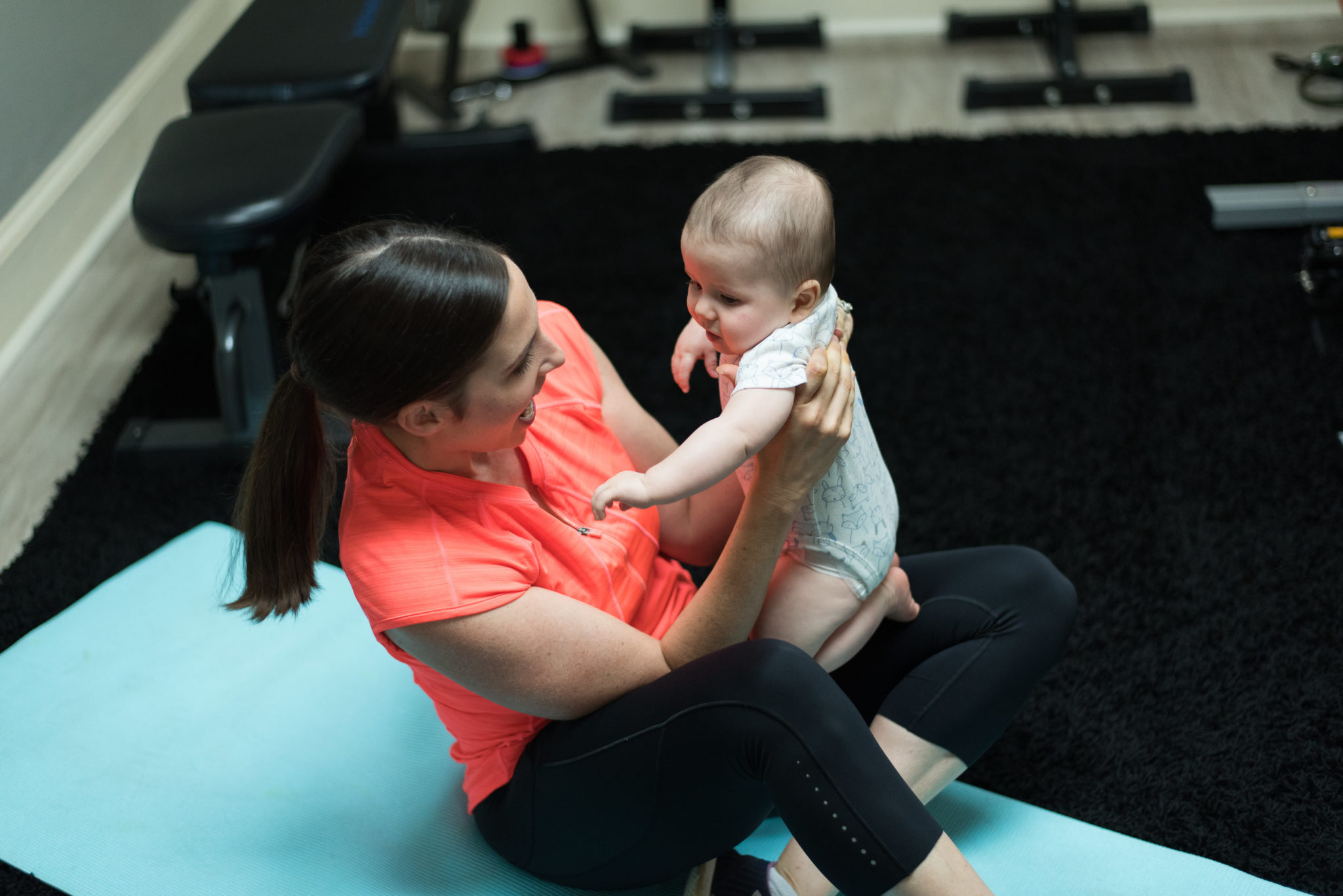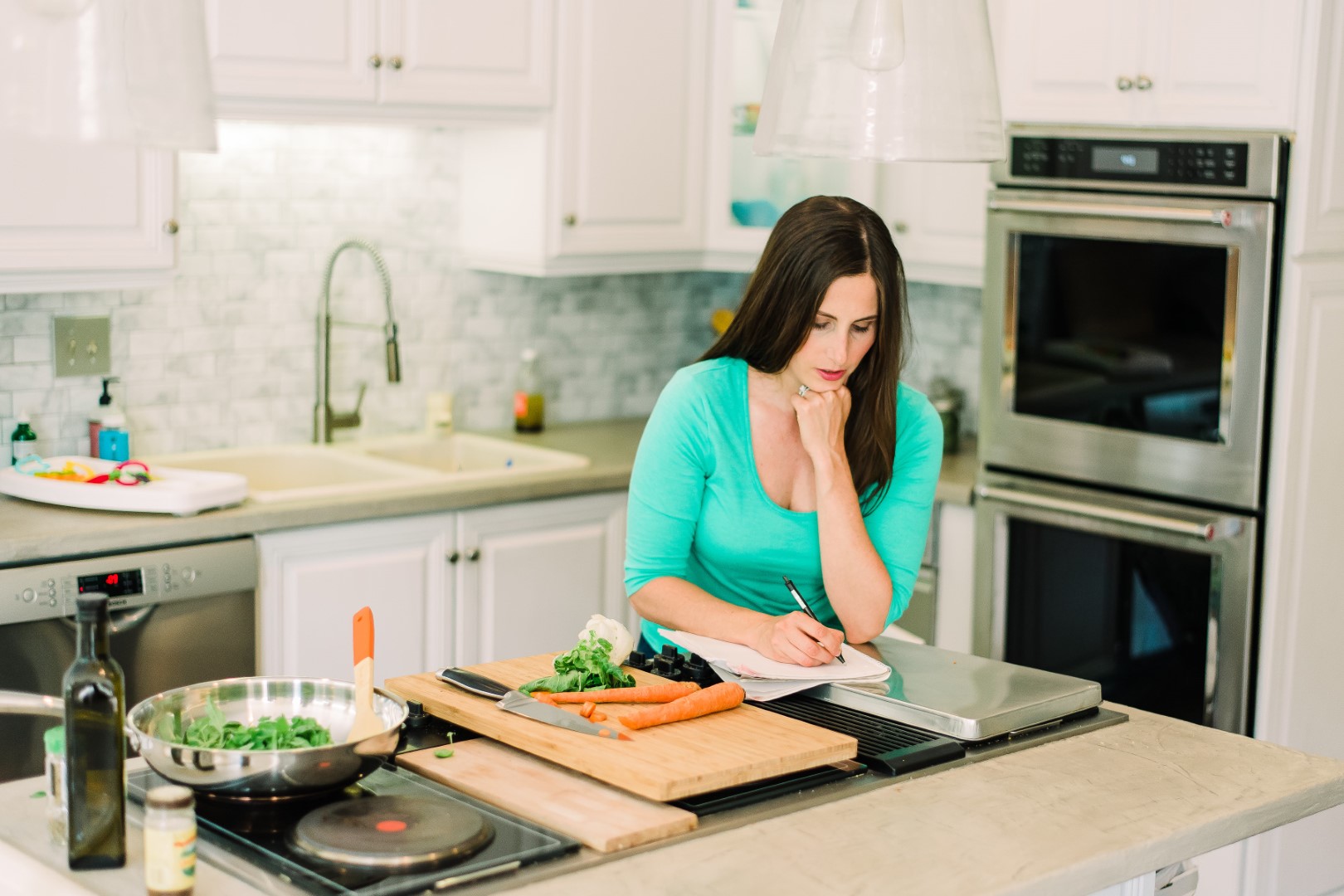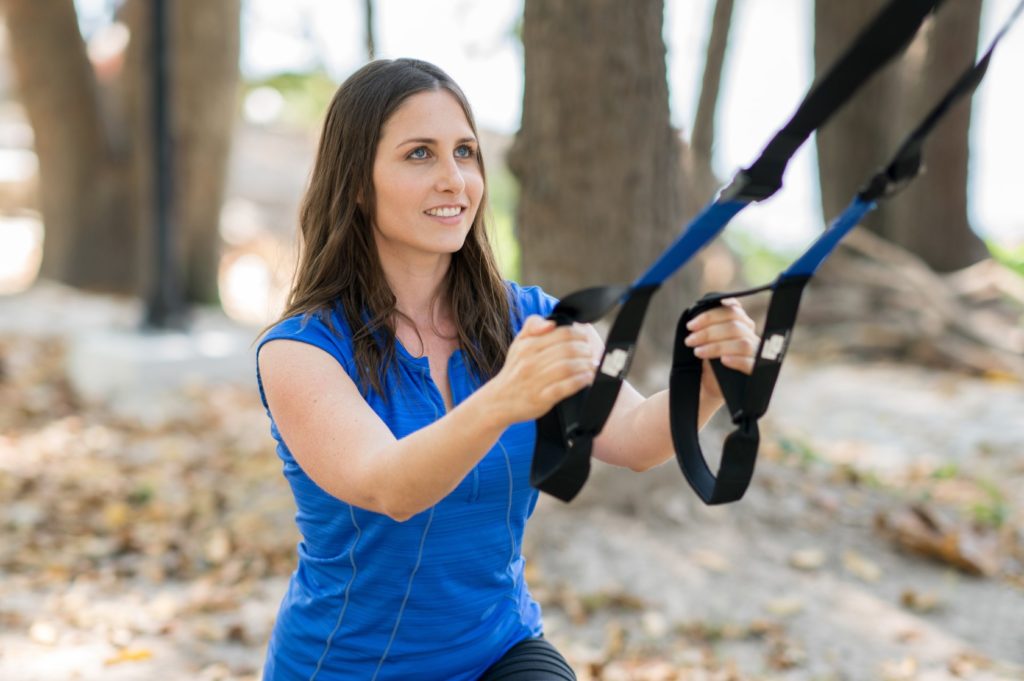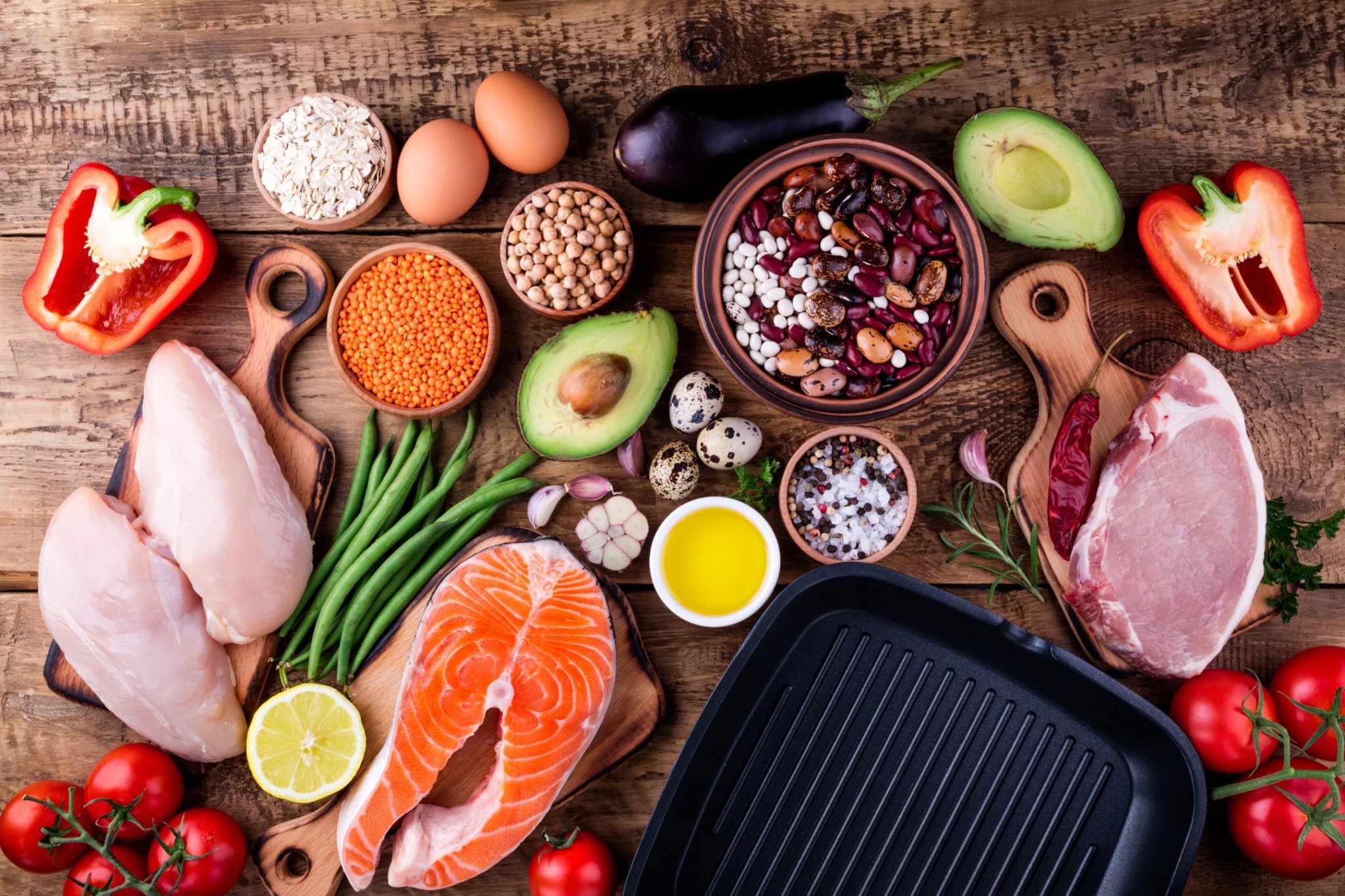Join me as I talk with the smart and savvy Dr. Gretchen about dealing with PCOS during the holidays and in your everyday life. Dr. Gretchen is a Clinical Psychologist, fellow cyster, and PCOS advocate. In our interview, we talk about how your thought patterns can hurt or help your PCOS nutrition plan and how to deal with holiday food.
You can read Dr. Gretchen’s excellent PCOS blog and check out her eBooks on her website, PCOS Wellness, or connect with her on Facebook at her group, PCOS Psychology.
Dr. Gretchen’s Tips for Dealing With PCOS During The Holidays
- Find non-food ways to connect with the emotions of the season. Food connects us with memories and emotions. Look for ways to emotionally connect with the season without food. This could be writing some heartfelt cards, quality time with people you don’t see often, or special activities. You don’t need to fill your belly to have a full heart!
- Be mindful. If you attend every holiday party with the intention of enjoying food without overeating, you’ll be off to a good start. Remember to eat slowly and relish the foods you choose to eat. Take the time to notice the texture, smell, and flavor of each bite. Mindful eaters get more satisfaction out of eating less food.
- Handle food-pushers with firmness and love. It’s not uncommon for family and friends to feel rejected when you turn down food. Home-cooked food is a classic way to express love. You can verbally acknowledge that love and be grateful for it without eating a second serving. Compliments go a long way here! Express how much you enjoyed their food and your gratitude for their efforts and then firmly say “no, thank you.” If someone challenges your choice, remember that they are probably doing so because of how they feel about themselves, not because they are judging you.
- Offer to bring food. You can help out the host and yourself by bringing a couple PCOS-friendly dishes to the party. That way you will have a few dishes you feel good about eating and can just try a little of the less healthy options.
- Be picky about leftovers. If a host wants you to take leftovers home, ask for the high-protein items like turkey, ham, or roast. Choose the options that are nutritious and leave the other choices behind. Holiday foods are only supposed to be eaten a few times a year. By not grazing on less healthy options for 3-4 days afterward, you will avoid unwanted pounds.
- Look for healthy eating buddies. Identify other party guests who are interested in healthy eating or who tend to eat slowly. Sit next to them during meals so you feel like you’re in good company.
Dr. Gretchen’s Tips for Dealing with PCOS in Your Everyday Life
- Figure out if you are a moderator or an abstainer. When faced with tempting food, do you find it easier to give something up altogether or to indulge moderately? If giving it up altogether works better for you, you are an abstainer. However, if you feel trapped and rebellious when you cut certain foods out of the menu, you might be a moderator. Enjoying food in moderation and abstaining from food both work well for following a PCOS-friendly diet, but you should pick the strategy that best suits your personality. Trying to be an abstainer when you are truly a moderator (or vice versa) will cause you more stress than anything else. To learn more about this interesting concept, check out this article.
- One step at a time. One of the best and worst things about dealing with PCOS is that there are MANY things you can do to manage your symptoms. That’s good because it gives us the opportunity to take charge of our health. The downside is that it can be overwhelming to get started. It’s human nature to want to go all-in and take on several changes at once. Unfortunately, you’re unlikely to succeed if you take on several changes at one time. If you want to improve your lifestyle and get PCOS under control for good, you’ll be much more likely to succeed by making one healthy change at a time.
- Choose to be curious instead of judgmental. When you fall off track with working out or slip up on nutrition, you might have the urge to judge yourself harshly. Negative self-talk can slow down progress faster than a slip-up or a few missed workouts. Instead of judging yourself for falling behind, choose to be curious. Reflect on how you ended up off track and look for creative ways to avoid the same mistake next time. Curiosity will help you find creative solutions, become more resilient and improve consistency. Being hard on yourself will only discourage you and zap your motivation to change.







